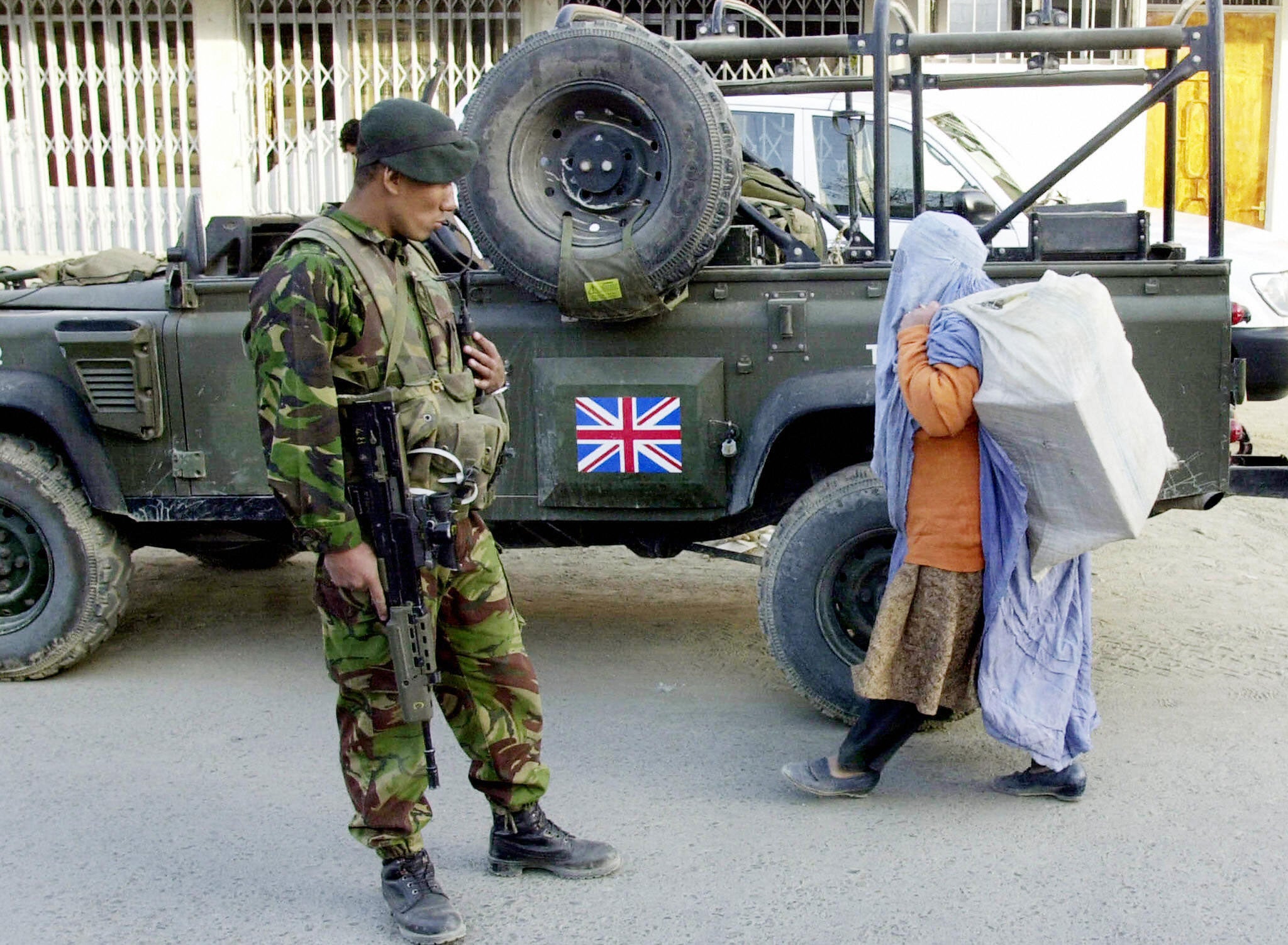If more money is needed for peacekeeping, Government should collect it by tackling tax avoidance
We shouldn't use money from the aid budget to subsidise military operations

This week David Cameron has given indications that he could be “open minded” about greater use of the aid budget to promote stability in states wracked by conflict. But is this really a debate that we should be having, or a distraction from the real question of how we can make sure that every penny of the aid budget is well spent?
As the Prime Minister rightly points out, war-torn countries have a terrible record when it comes to lifting people out of poverty, ensuring men, women and children have enough to eat and providing life-saving medicines. The aid budget is first and foremost about tackling the scourge of poverty - poverty that sees three million children die from preventable diseases. There is so much to be done that every penny of life-saving aid diverted away from poverty reduction, towards military objectives, would be a life-line removed from these children.
The millions of people in the UK who support the fantastic stance the Government has taken in protecting the aid budget expect it to fund schools, not soldiers. Using aid to subsidise military operations, is not what people expect from money earmarked to tackle global poverty.
That is not to say there cannot or should not be cooperation between the Department for International Development and the Ministry of Defence to improve the lives of poor people.
The British military played a key role in bringing to an end Sierra Leone’s decade-long civil war, for example. But this was clearly a military intervention that was properly funded from the MoD’s budget. Aid’s role was limited to providing humanitarian assistance during the conflict and then in helping its population rebuild the country once peace has been secured.
It is fair for the UK to support stabilisation in conflict affected states from the military budget. It is fair to point out that this military expenditure can make life-saving aid more effective. But with one in eight of the world’s people still going hungry, now is not the time to water down our promises or blur the distinction between military spending and life-saving aid.
Imagine if this logic was applied to other government departments - sick children can’t attend school but that doesn’t mean that vaccines should be paid for from the education budget?
Rather than look to raid the aid budget to fund military operations, the Government should stick to the Prime Minister’s pledge that Britain will not balance its books on the backs of the world’s poorest. The aid budget remains tiny – even after the planned increase in the Budget it will make up just 16p of every £10 spent by the UK government or just 7p of every £10 of national income.
If more money is needed to fund peacekeeping operations, or indeed to help poor people and provide public services at home, then they should ensure that those companies and individuals who currently duck their obligations to society by dodging taxes can no longer do so.
To that end it is encouraging that the PM and his Chancellor have made tackling tax avoidance both in rich and poor countries a priority for this June’s G8 summit in Northern Ireland. In the long-term, changing the rules of the game to allow poor countries to collect the $160bn in taxes that companies currently avoid paying them is one of the surest ways to reduce the need for aid.
In the meantime, we trust the Government will continue to stand up and make the case for British aid as something of which we can all be proud.
Emma Seery is head of Development Finance at Oxfam
Join our commenting forum
Join thought-provoking conversations, follow other Independent readers and see their replies
Comments
Bookmark popover
Removed from bookmarks